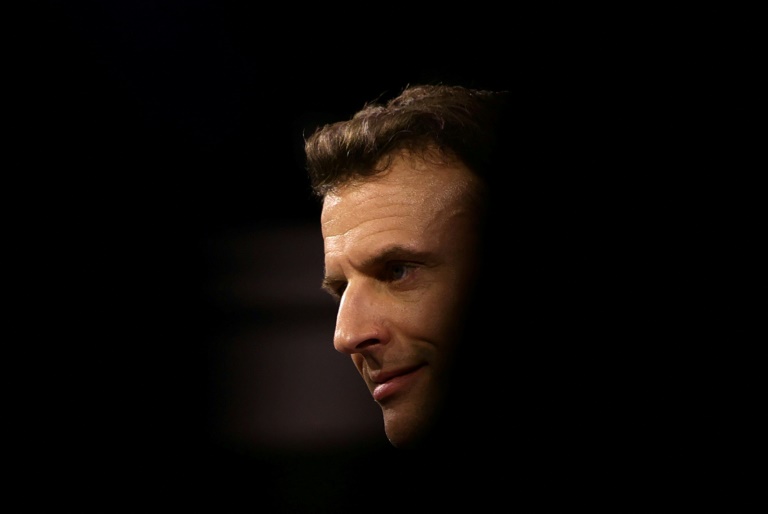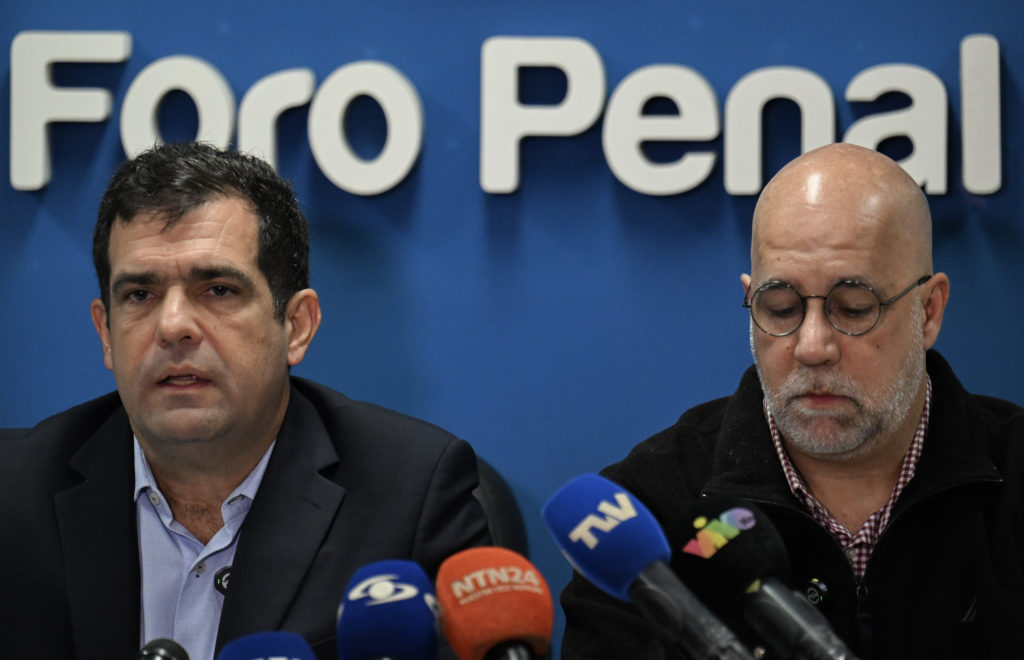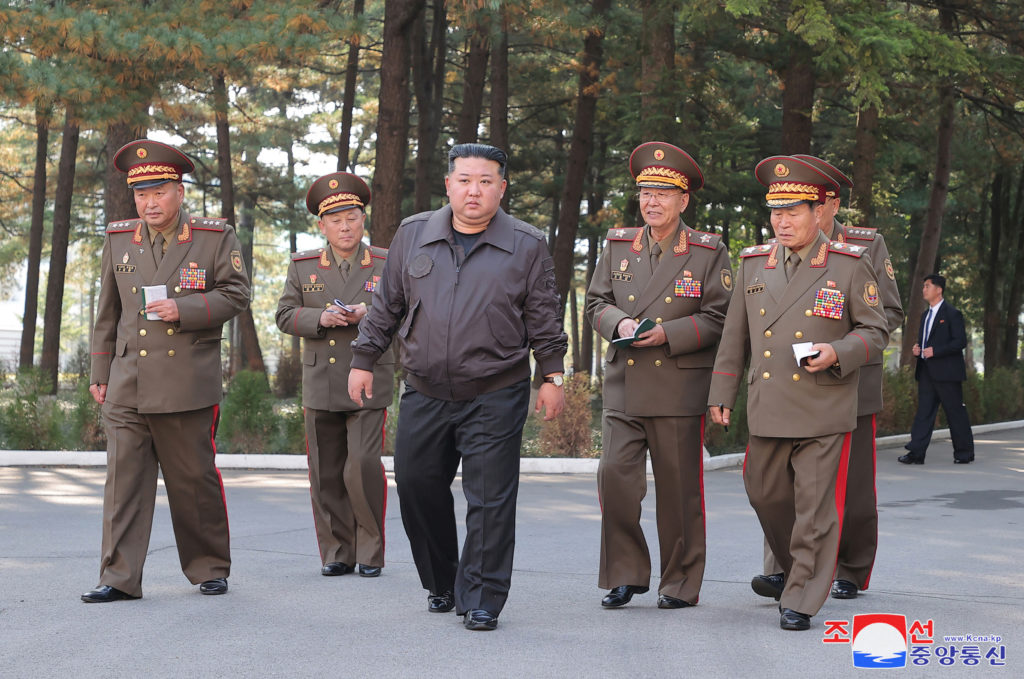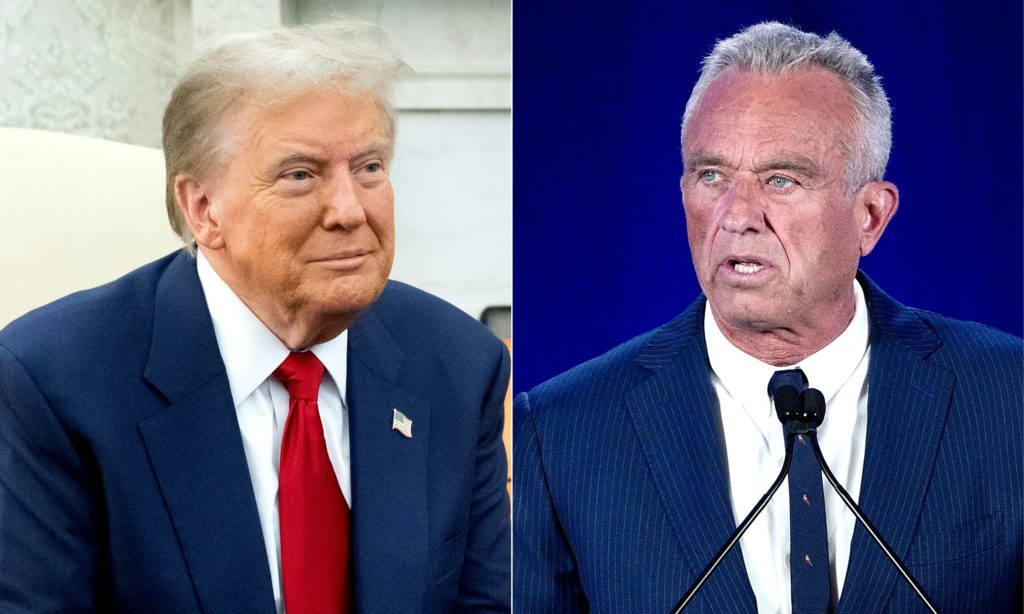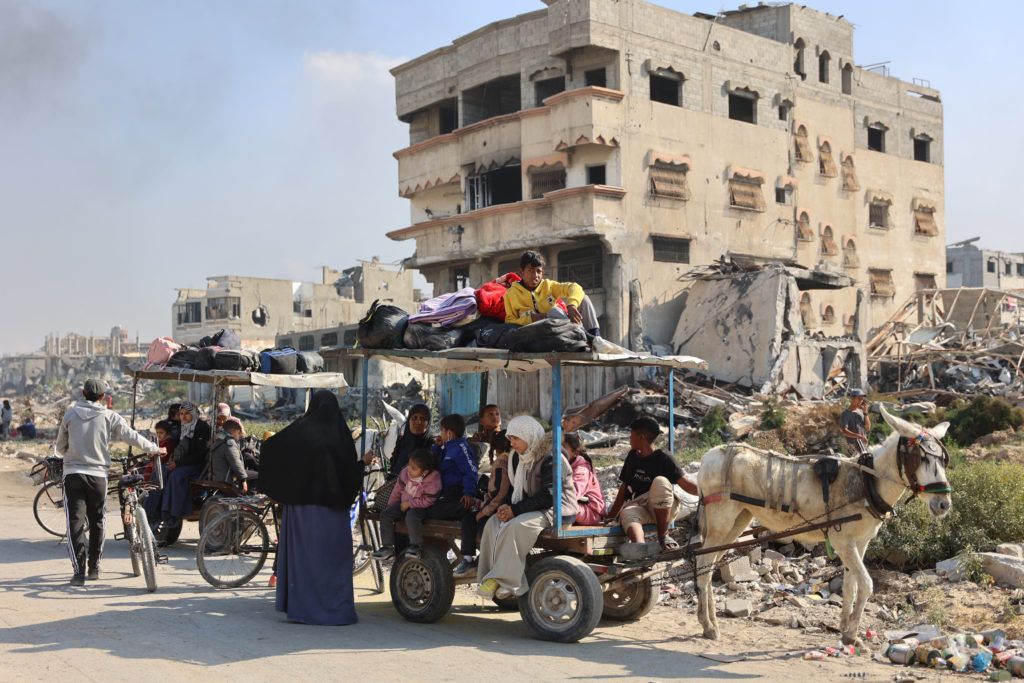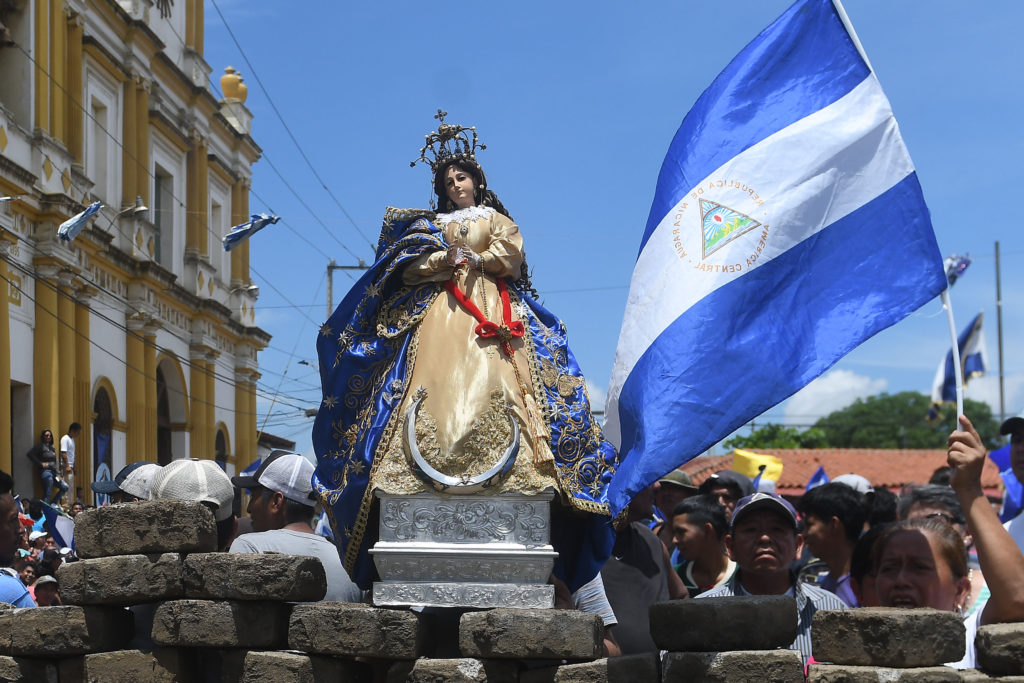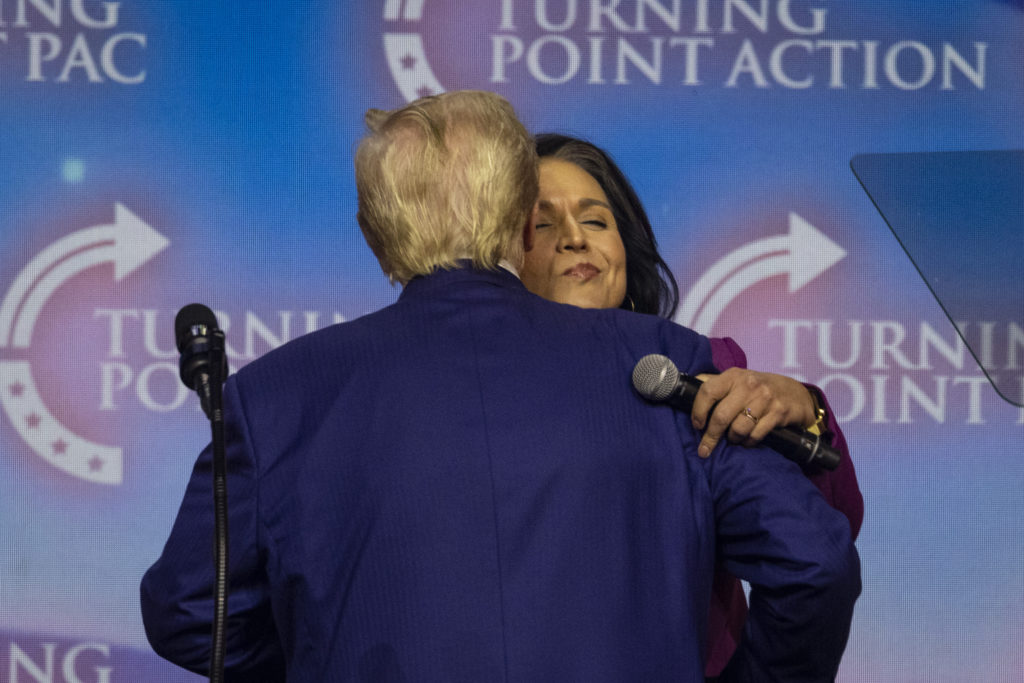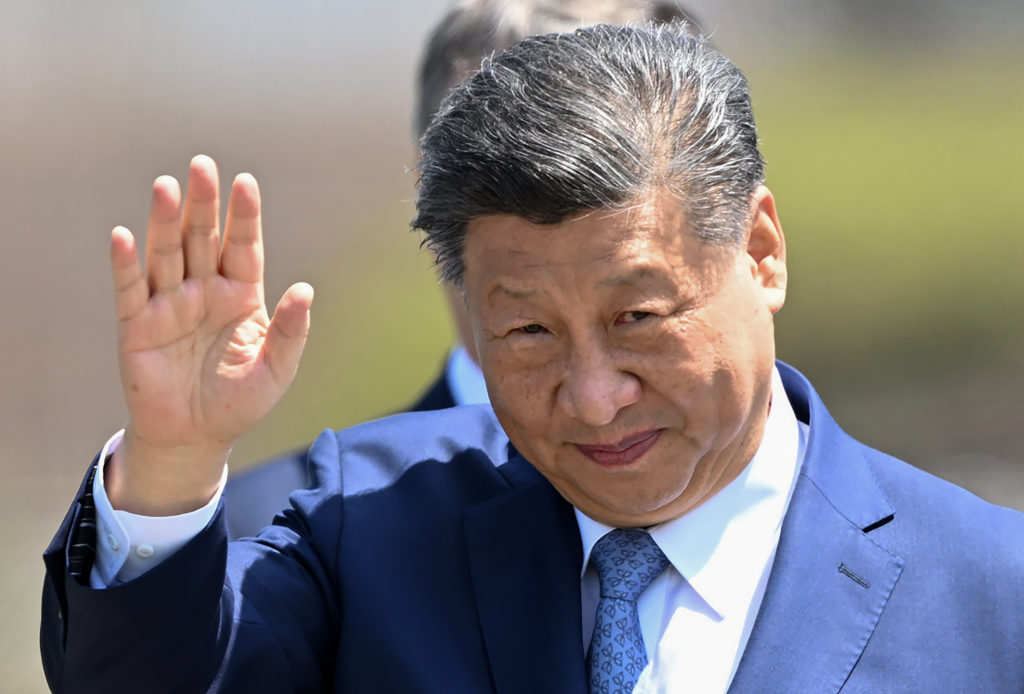French President Emmanuel Macron will launch his re-election bid at a campaign rally on March 5, sources in his party said Wednesday, opening a new phase in a contest that polls indicate he is likely to win.
The 44-year-old has so far kept away from formal campaigning ahead of the first round of voting on April 10, most recently with a marathon effort to avert a Russian invasion of Ukraine.
The declaration of his candidacy is now expected next week, just ahead of a March 4 deadline. Three sources in his centrist Republic on the Move (LREM) party told AFP his first rally would then be on March 5 in Marseille.
Polls have steadily put Macron on top in the first round of voting, against a diverse field of rivals on both the left and right.
Yet they also suggest that securing a second five-year term in the run-off vote on April 24 is far from a foregone conclusion, as the far right has continued to make inroads in recent years.
“Emmanuel Macron’s entry in the race could change things, and truly open up the contest,” said Bernard Sananes, president of the Elabe polling institute.
Analysts say low turnout — nearly one in four voters did not cast ballots in the presidential election five years ago — could add another layer of uncertainty to the first-round outcome.
“Voting intentions of the French are still four to five percentage points below those of 2017,” Sananes noted.
Macron, a former investment banker and economy minister under Socialist president Francois Hollande, swept to power as an outsider from “neither the right nor the left,” promising wide-ranging reforms to revive French growth.
He moved quickly to cut taxes and loosen labour laws, and pushed through an overhaul of the state-owned railway SNCF despite fierce resistance from labour unions.
But many of his policies were also highly divisive and criticised as favouring the rich, culminating in the fiery “yellow vest” protests of 2018 and 2019 that forced him into a series of concessions for low-income households.
For Brice Teinturier of the Ipsos polling institute, voters are waiting above all “for what he’s going to announce, so that a confrontation will gradually take shape.”
– Five more years? –
Macron’s rivals have accused him of smothering discussion over his record by refusing to declare his candidacy until the last minute, and his team has indicated he is unlikely to participate in any debates ahead of the first round.
The president has instead projected an image of being busy with global affairs, though his failure to prevent Vladimir Putin from sending Russian troops into breakaway Ukraine enclaves could open him to attacks of political naivete or miscalculation.
But analysts say Macron might also get credit for trying against the odds to avert a conflict, bolstering his credentials as a respected statesman on the international stage.
An Elabe poll released Wednesday put him at 24.5 percent of intentions to vote in the first round, followed by 18 percent for Marine Le Pen, the veteran far-right leader who lost out to Macron in the second round five years ago.
Media pundit Eric Zemmour was at 13.5 percent, while conservative Valerie Pecresse slipped to fourth place at 11.5 percent after a Paris campaign rally this month that was widely panned as both stilted and pandering to fears over immigration.
On the left, the biggest threat appears to come from the firebrand candidacy of Jean-Luc Melenchon at 11 percent, with the rest of the field sharply divided and struggling to gain traction.
The March 4 deadline looms for all candidates to secure 500 endorsements from elected officials in order to appear on the ballot.
While Macron and most other main hopefuls have cleared this hurdle, Melenchon, Le Pen and Zemmour are still scrambling for the support, prompting their backers to warn of a democratic deficit if they are kept off the ballot.
On Tuesday, Le Pen suspended her on-the-ground campaign events so her team could focus on securing the remaining 100 or so endorsements she still needs.

